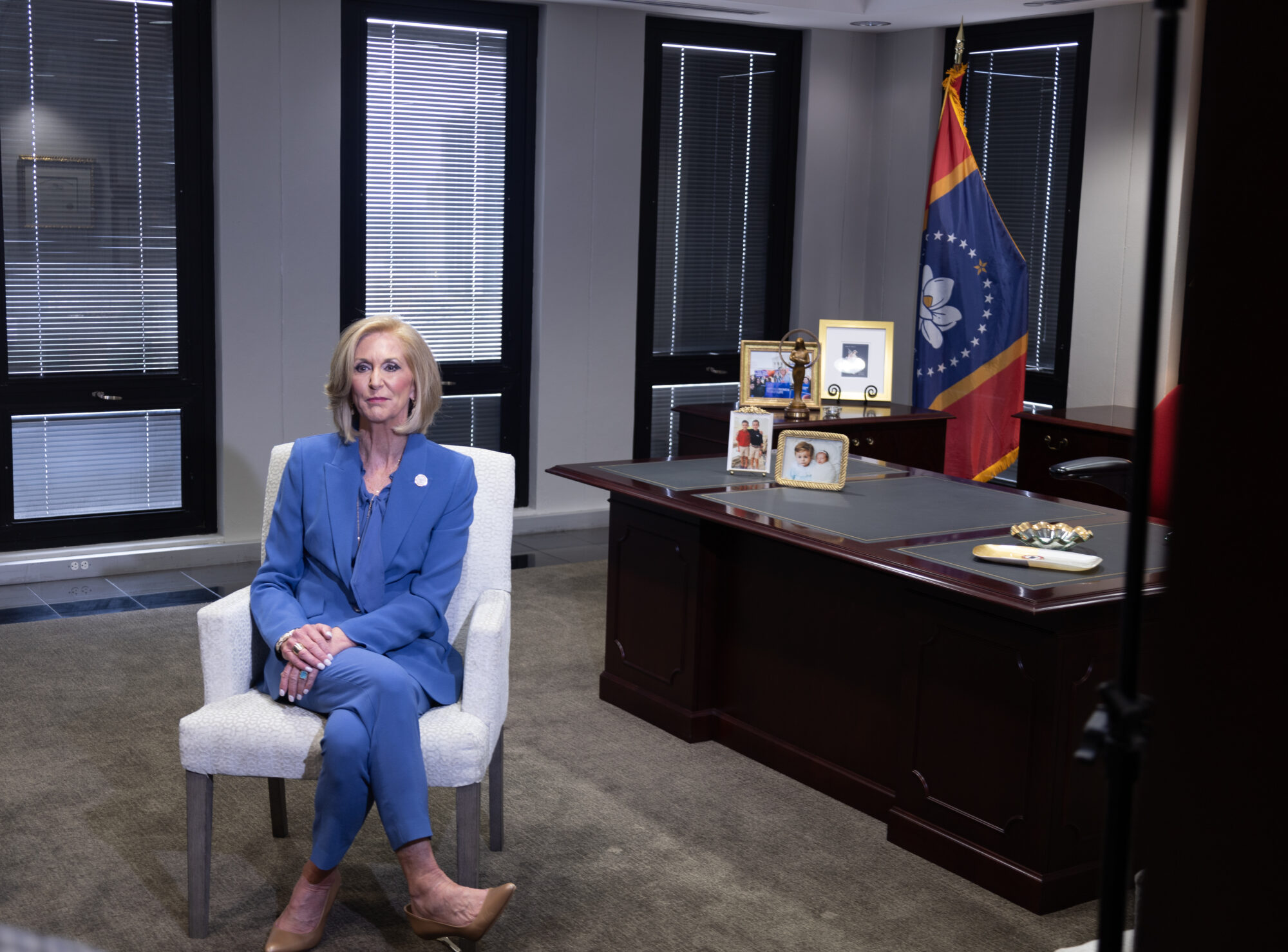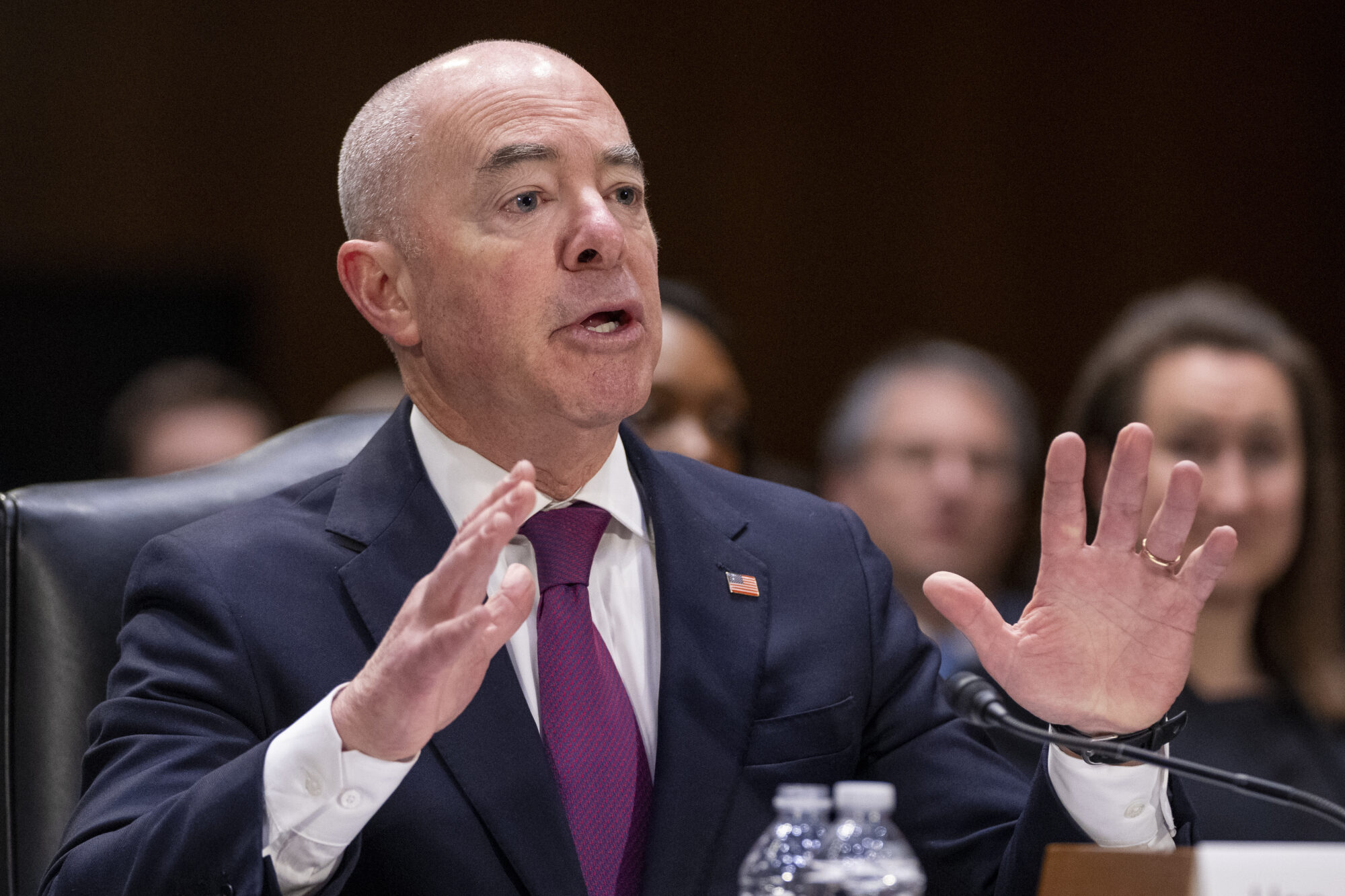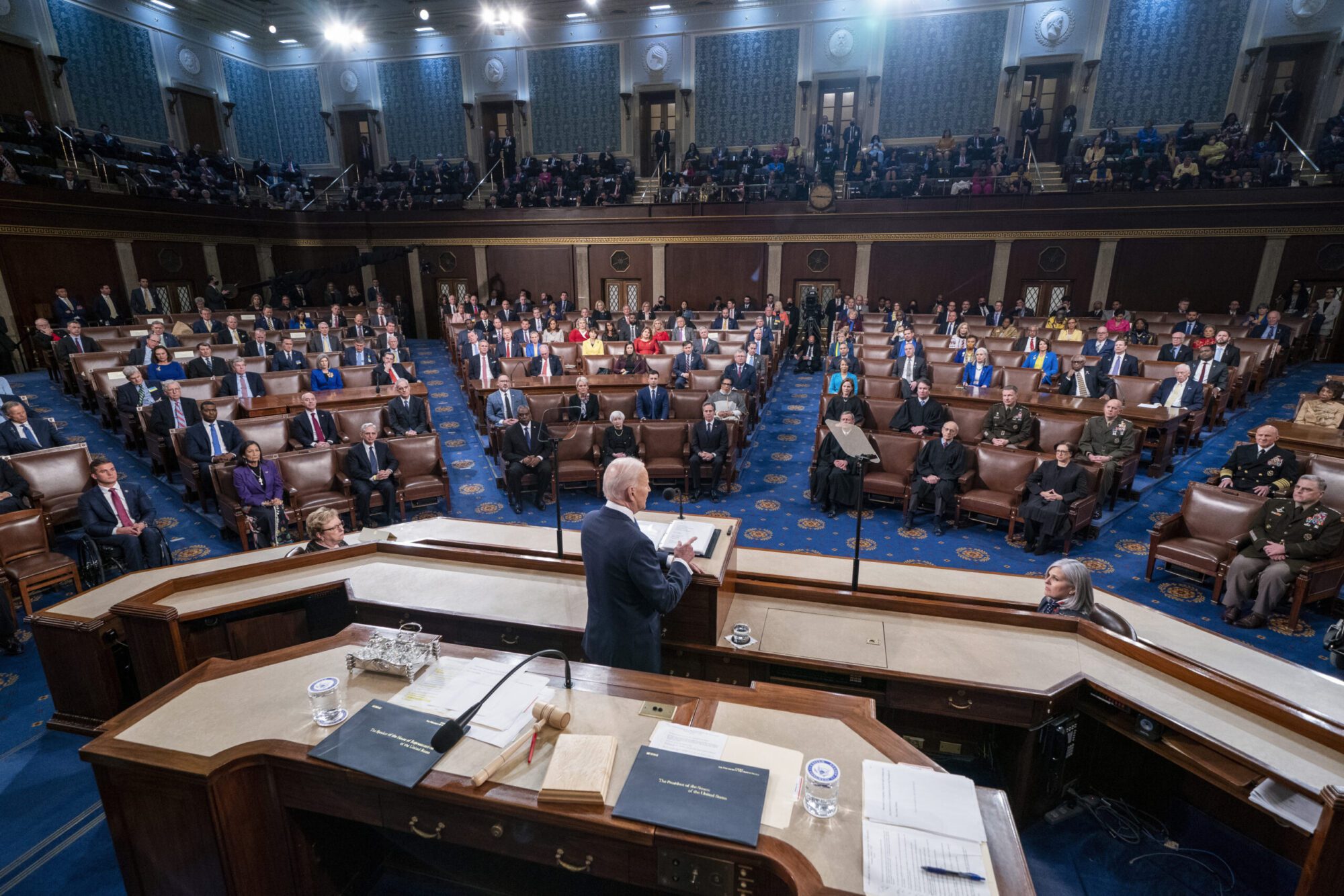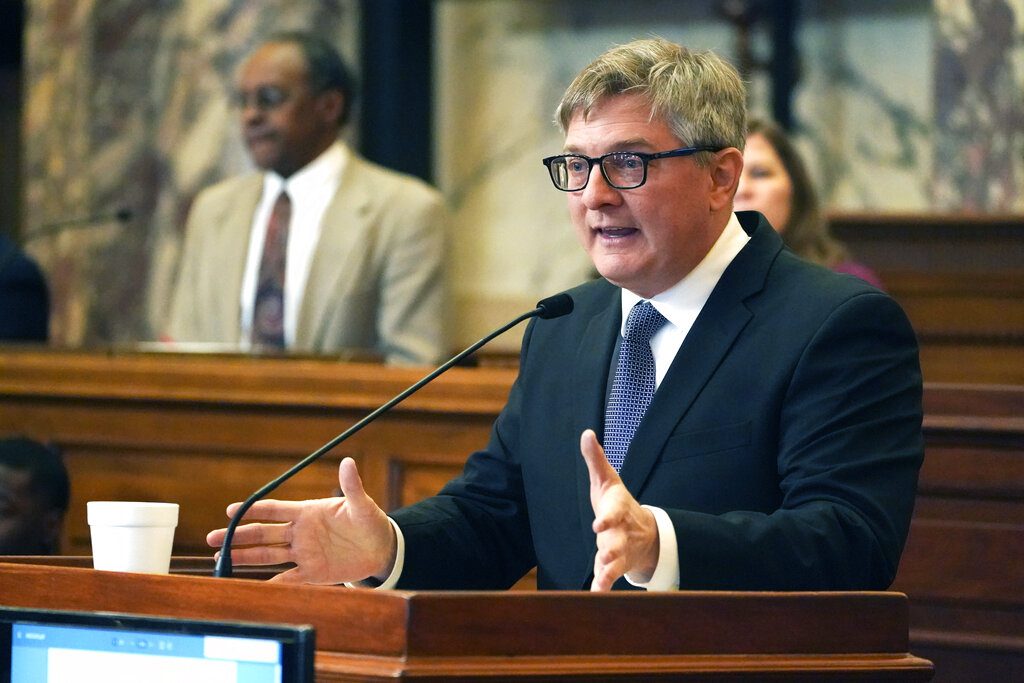
- General Fitch said her office is focused on legislation that will positively benefit women and families, crime initiatives and campaign finance reform.
As lawmakers near their first filing deadline of the session, Attorney General Lynn Fitch shared her legislative priorities with Magnolia Tribune. She says this year’s legislative package includes many priorities already being addressed by the office.
“It certainly goes back to many things we’ve been doing in this office with our partners, protecting women and children, making our communities safer, and certainly campaign finance law,” said AG Fitch.
2023 saw the launch of the Empowerment Project, which is a policy initiative focused on aiding women and families. The project works to create policies that provide quality and affordable childcare, promote workplace flexibility policies, streamlining the foster care and adoption process as well as enhancing child support enforcement.
Fitch said they are gearing up to launch phase two of the project. This phase will push for paid maternity leave for state employees, change the definition of “neglect” of a child, and create a tax credit for private companies to offer paid leave to employees. She said she hopes these efforts show women they are valuable to the workforce.
Attorney General Fitch also plans to push to codify the definition of a man and a woman in state law. She believes doing so will preserve and protect women only areas like locker rooms and bathrooms primarily in K-12 and higher education facilities.
When it comes to education, the office is in support of a financial education requirement for middle and high schoolers. She indicated that Mississippi is only one of 10 states who do not require this life skill to be taught prior to 8th grade.
“The more times you can teach a young person about personal finance the better off they’re going to be when dealing with money because knowledge is power,” said Fitch.
Focus on Crime
The Attorney General said her office is committed to addressing crime issues in the Jackson area, but also across the state.
“Everyone is concerned not just in the Jackson area but across our state. How do we make our communities safer; how do we partner with one another. It is certainly an issue everyone is interested in,” said Fitch.
The AG’s office is currently backing a “sextortion” bill, filed by Senator Bart Williams (R). The bill, would create Walker’s Law, in honor of Walker Montgomery who succumbed to suicide after he was a victim of sextortion.
SB 2355 would create the offense of sexual extortion in state law, which is defined as “an intentional threat by an individual to release exhibit or distribute private images of another person to compel that victim from acting or refraining from an act against their will.”
Fitch said to go after these perpetrators, they must have language on in the law to do so. These crimes are often happening on social media and other internet platforms. Perpetrators likely request money from these individuals in their schemes. The legislation was modeled after a South Carolina law.
She also addressed the need to streamline the post-conviction legal process, the need to set up a standard notification system when an individual is up for parole, the ability to go after cyber hackers and legislation to address the rise in gang activity and increased penalties if convicted.
Fitch said gang violence in the state is not only impacting populated areas, but spans throughout rural Mississippi. Her office is backing legislation, modeled by Alabama, to allow the AG’s office to go after gang members and prosecute them for double the time if convicted.
Campaign Finance Reform
Fitch said throughout the election process complaints regarding campaign finance filings were made. One such complaint was made by Lt. Governor Delbert Hosemann against his Republican primary opponent Chris McDaniel. She said what became overwhelmingly clear to her office is the lack of transparency when donors outside the state were contributing to candidates running for election in the state.
She referred to these donations as “dark money,” and said they are still investigating that complaint.
“All these outside influences were coming in and were allowed to push into these different areas to influence how Mississippians should vote,” said AG Fitch. She said current legislation has “gaping holes” that will need to be amended in order to provide that transparency to voters.
She said one way to monitor outside donors is to coordinate expenditures and communications. While state law limits corporations to donations not exceeding $1,000, that only applies for Mississippi companies. Those outside the state have no definitive amount and are not required to provide clarity on who they are. Changes could be made to limit all corporations to that $1,000 cap.
Secretary of State Michael Watson has proposed a plan to streamline all campaign filings through a website overseen by his office. AG Fitch expressed support for this idea and said it would be beneficial for citizens as well as officials.
“We are very supportive for all that authority to be allowed for the Secretary of State,” said Fitch. While the SOS and Ethics Commission oversee the filing process, the AG’s office is responsible for enforcement. Fitch said they hope to enhance the penalties for those who violate campaign finance filing.
The Secretary of State’s Michael Watson and Lt. Governor Delbert Hosemann have both expressed a need for reform to Mississippi’s campaign finance laws. Legislation is anticipated to represent the SOS’s priorities regarding how to reform the filing process and prevent PAC money from being funneled undetected to candidates.











